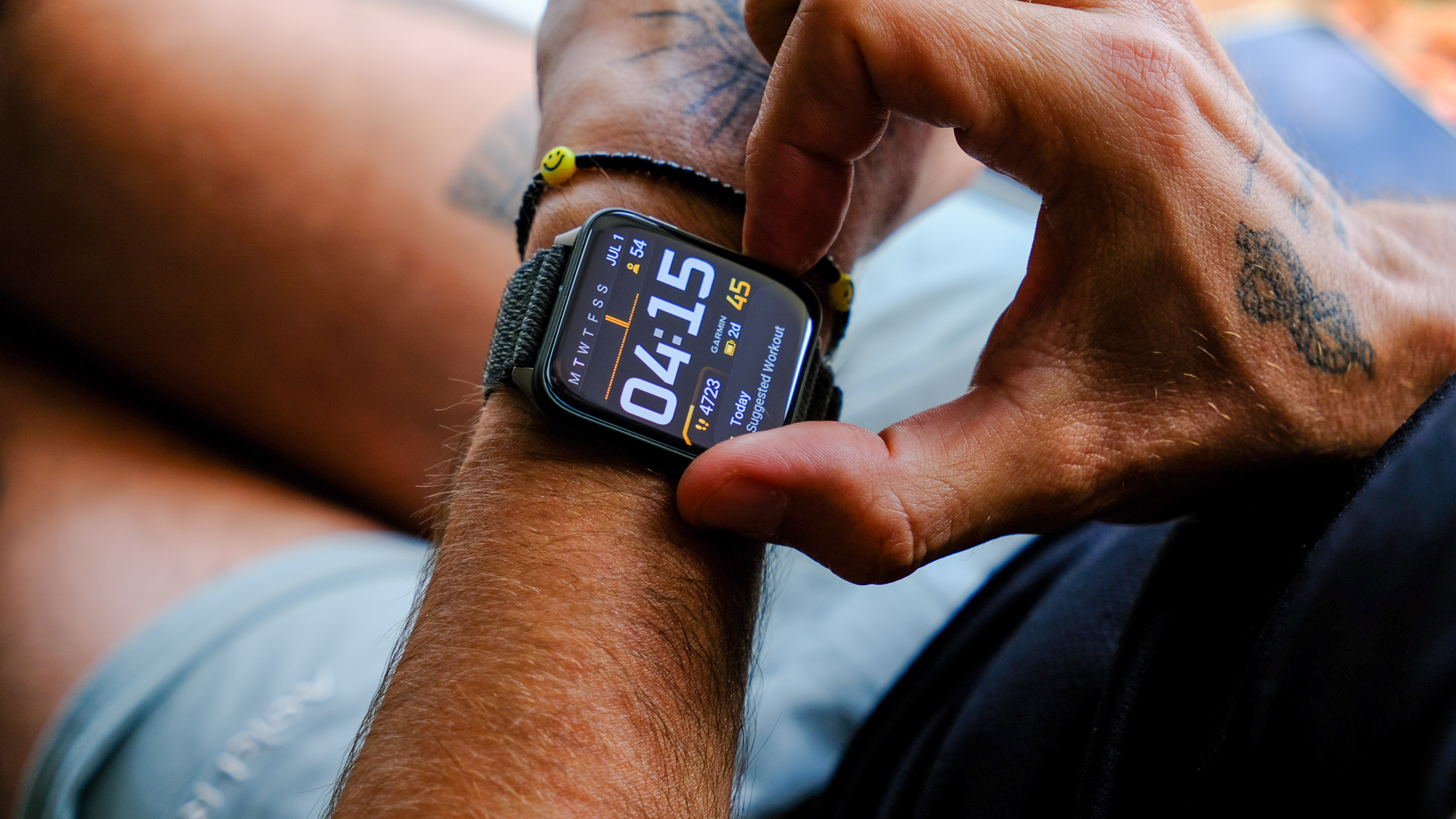Garmin’s legal troubles deepen as Suunto joins the fight
Suunto’s patent case against Garmin highlights how rare – yet increasingly common – lawsuits are in the wearable world


Get all the latest news, reviews, deals and buying guides on gorgeous tech, home and active products from the T3 experts
You are now subscribed
Your newsletter sign-up was successful
Garmin has barely had time to catch its breath after Strava’s lawsuit, and now it’s facing a fresh legal challenge, this time from Finnish sports watch maker Suunto.
Filed in the U.S. District Court for the Eastern District of Texas on 22 September, the case accuses Garmin of infringing five patents relating to antenna design, watch casing, respiration tracking, and even golf swing detection.
Suunto claims Garmin’s most popular product families, including some of the best outdoor watch franchises, such as the Fenix, Epix, Forerunner, Instinct, MARQ, Venu and Approach golf devices, incorporate these patented technologies without permission.
The complaint seeks damages and, potentially, a permanent injunction to block sales of products using the disputed features.
Trouble never travels alone
This comes less than a week after Strava launched its own lawsuit against Garmin, centred on software features such as segments and heatmaps.
While the timing of the two cases makes it look like Garmin is under coordinated attack, the reality is simpler: both cases were prepared months in advance, filed in different courts, and cover very different parts of the wearable experience.
In other words, it’s an unlucky coincidence, not a conspiracy.
Get all the latest news, reviews, deals and buying guides on gorgeous tech, home and active products from the T3 experts
If that sounds like a storm in a teacup, consider what happened when Masimo took on Apple over blood oxygen technology.
That case forced Apple to temporarily halt sales of the Apple Watch in the US last year, a reminder that patent disputes can have real-world consequences for consumers, not just lawyers.
Whatever the reason for the timing, the effect is the same: Garmin is suddenly fighting a two-front war that could drag on for years.
Even if the company eventually prevails, defending itself will be costly, and there’s always the risk of injunctions or licensing deals reshaping how future watches and accessories are built.
When the quiet becomes noisy
It’s also worth noting just how unusual this is. Wearable company vs company lawsuits are rare; perhaps one or two major cases a year at most.
For years, the biggest patent fights have been around smartphones, while wearables mostly avoided the courtroom.
However, as the category matures and brands begin to overlap in sensors, health algorithms, and mapping features, these clashes are becoming increasingly difficult to avoid.
For now, Garmin users don’t need to panic (nothing changes overnight), but the outcome of the Suunto and Strava cases could shape what features appear (or disappear) in future watches.
Garmin’s rivals, meanwhile, will be watching very closely, and so will I.
With Prime Day just a day away, you'd better check out T3's roundup of the best Garmin deals for the latest offers.
[via GadgetsandWearables]

Matt Kollat is a journalist and content creator for T3.com and T3 Magazine, where he works as Active Editor. His areas of expertise include wearables, drones, action cameras, fitness equipment, nutrition and outdoor gear. He joined T3 in 2019.
His work has also appeared on TechRadar and Fit&Well, and he has collaborated with creators such as Garage Gym Reviews. Matt has served as a judge for multiple industry awards, including the ESSNAwards. When he isn’t running, cycling or testing new kit, he’s usually roaming the countryside with a camera or experimenting with new audio and video gear.
You must confirm your public display name before commenting
Please logout and then login again, you will then be prompted to enter your display name.